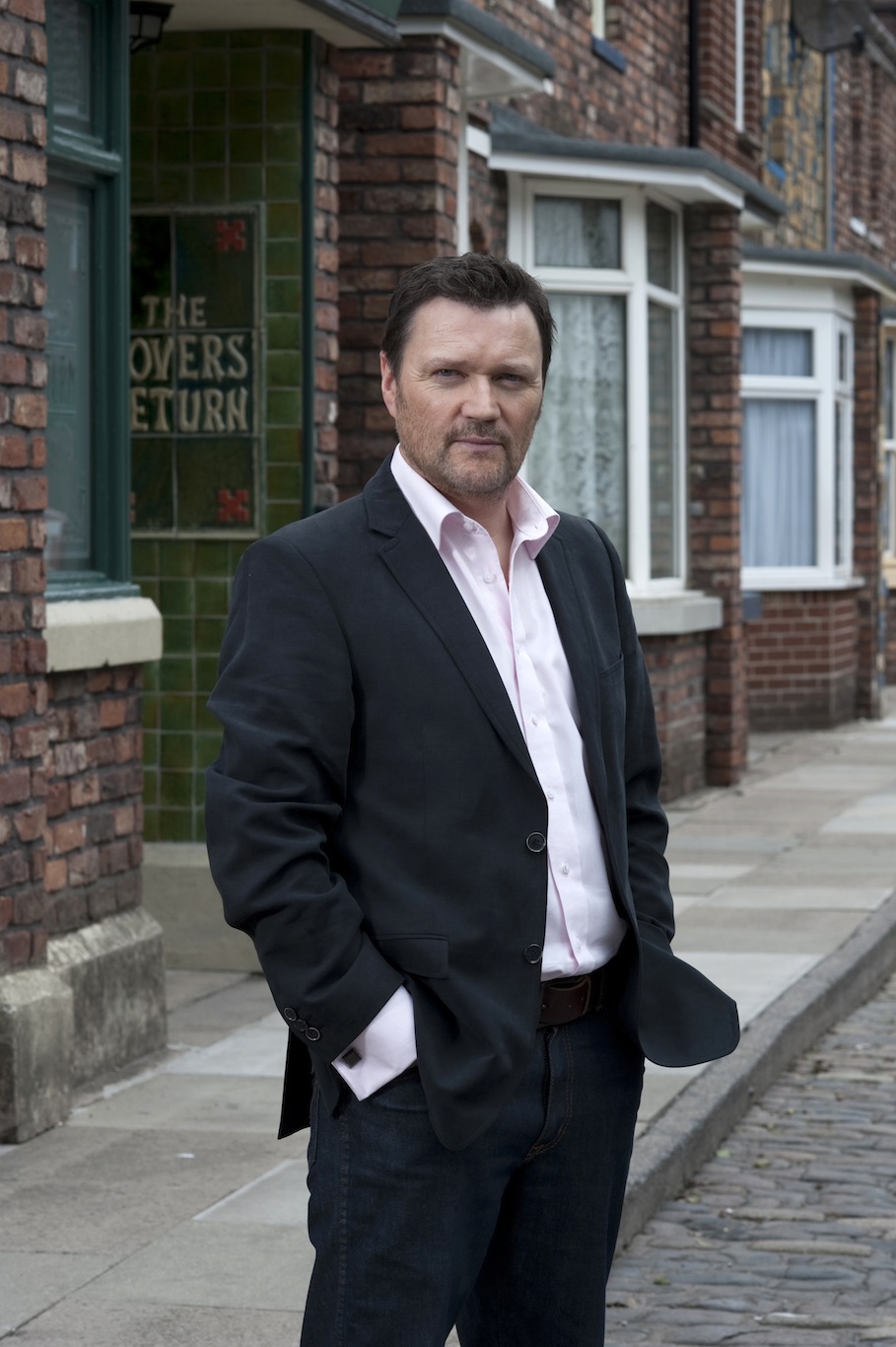* Image via www.badlanguage.net
I’m becoming increasingly passionate about punctuation. No, really [deliberate use of comma].
I even spent ten minutes arguing about the placement of a full stop as part of a conference-call pitch to a tourist board recently. A comma, I insisted, just wouldn’t cut it. It had to be a full stop.
Maybe this grammatical grandstanding stems from years of marking undergraduate work in need of a good proofreader, or maybe it’s a grumpy-old-man reaction to the proliferation of typos creeping into articles online.
Either way, I find myself increasingly correcting semicolons, exterminating ellipses and battling with pedantic zeal my arch-nemesis: the exclamation mark.
So, when BBC 6Music presenter Gideon Coe announced a themed edition of his nightly show based around the concept of adventures in punctuation this week, I was tuning in before my old chief sub could sneer over my shoulder, “That should be an en dash.”
The show threw up a winning combination of great music and stylebook-testing punctuation pondering, such as the majesty of Nick Cave’s (Are You) The One I’ve been Waiting For? [brackets and a question mark] and the mysterious case of the missing question mark from The Smiths’ How Soon is Now.
It’s like the presenter said, announcing a track by the featured artist of the evening, Half Man Half Biscuit (Westward Ho! Massive Let-Down, since you ask):
“Punctuation is important.”
Well said, Gid. And, yes, the Devon village does come as a package with its symbiotic exclamation mark.
I’ll let that one go but, much as I love the music of Jenny Lewis, the gratuitous use of exclamation points (as our American cousins like to call them) in the title of the track Rise Up with Fists!! [see below] cannot be allowed to pass without a yellow card.
The listener-led discussion then turned to great punctuation abuses in rock, notably The REM album Lifes Rich Pagent.
The fourth studio album by the band, released in 1986 and featuring the track Fall on Me, is ominously missing an apostrophe to demonstrate the possessive.
It’s like David Marsh, another stickler for perfect punctuation and the man behind The Guardian‘s Mind Your Language blog, says:
“If only they had used an apostrophe, the meaning would have been clear.”
Of course this is nothing new.
Lynne Truss has been banging this particular discourse-inspired drum since the publication of her 2003 book Eats Shoots & Leaves.
I read it again recently and continue to admire her juxtaposition of scholarly research with deft, light touches of phrase.
But I fear Lynne and I could come to blows about those pesky exclamation marks.
Introduced by humanist printers in the 15th century, it was known as ‘the note of admiration’ until the 1800s and has been treated with caution by grammarians ever since.
Truss mounts a spirited defence of the exclamation mark and outlines a series of suitable uses, ranging from involuntary ejaculations (Phew! Lord love a duck!) to deflecting potential misunderstandings of irony (I don’t mean it!).
But, for me, the exclamation mark is the preserve of writers who simply try too hard. They don’t have the lexicon of language to make their point without honking like a deranged clown with a misfiring hooter.
It’s like Truss herself says:
“In the family of punctuation, where the full stop is daddy and the comma is mummy, and the semicolon quietly practises the piano with crossed hands, the exclamation mark is the big attention-deficit brother who gets over-excited and breaks things and laughs too loudly.”
Gideon Coe was far too fair-minded to boycott the exclamations during Punctuation Night. Indeed, Godspeed You! Black Emperor featured prominently in the evening’s dramatic coda.
But I think exclamation marks are – like Facebook – pure evil. Ban them, now!
What do you think about this post? Comment below.
Liked this? Try also X Marks the Spot.
Gazetteer
David Marsh: if you can’t use an apostrophe, you don’t know your shit



